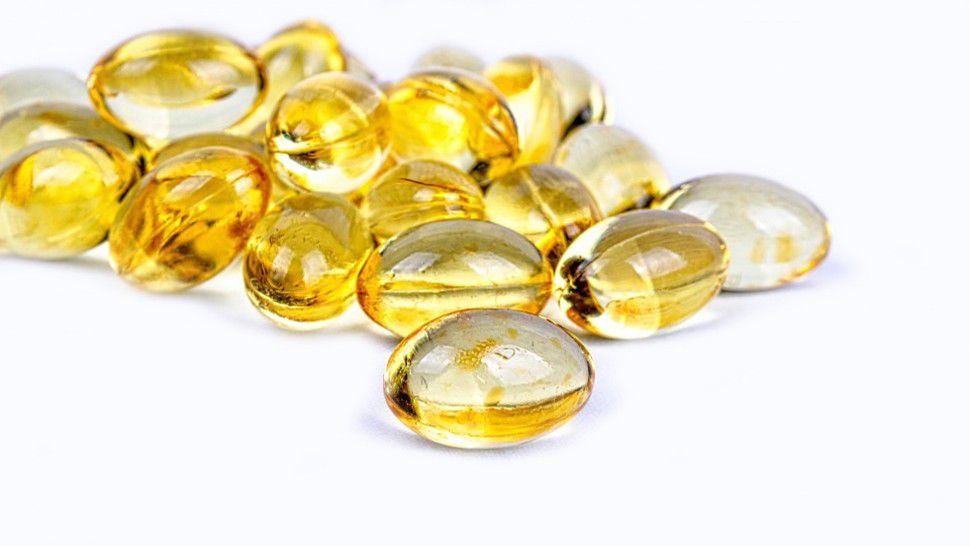NATIONWIDE -- You might have heard a great deal lately about a link between vitamin D deficiency and COVID 19, as well as speculation about increased levels of vitamin D and the ability to avoid or overcome the virus.
Like a lot of what’s floating around, there’s some truth to be found, and some completely unsubstantiated – and potentially dangerous – claims being made.
Normally, our bodies produce vitamin D when our skin is exposed to the sun. With people spending more time inside their homes due to the coronavirus pandemic, exposure to sunlight has been limited for some people, which could create a vitamin D deficiency.
Vitamin D is important for healthy bones, teeth and muscles, and a lack of it can cause rickets in children and bone weakness in adults.
While health professionals do recommend you take a supplement if you’re not getting sufficient exposure to sunlight, taking more than the recommended amount can be harmful.
If you’re going the supplement route, it’s recommended adults take 10 micrograms per day. The Centers for Disease Control and Prevention has specific guidelines for children and vitamin D. In addition to supplements, a balanced diet that includes oily fish, egg yolk and some cereals will provide some vitamin D.
Too much vitamin D - vitamin D toxicity - can cause of buildup of calcium in the blood, the Mayo Clinic states, which in turn can lead to bone pain and kidney problems. In fact, people with kidney problems cannot safely take vitamin D.
As it stands now, there is no evidence to suggest that high levels of vitamin D will ward off coronavirus. Adequate vitamin D will aid the overall health of people who are deficient, however.
As always, it’s best to consult with a physician before undergoing a supplement regimen.



